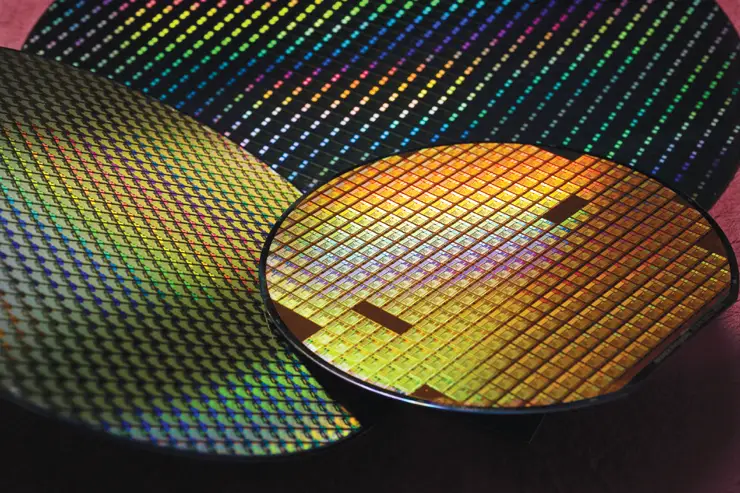
In recent years, TSMC (Taiwan Semiconductor Manufacturing Company) has consistently raised the prices of its foundry orders. This continuous price increase has offset the rising costs associated with advanced processes, while also boosting TSMC’s revenue and profit margins. As the leading semiconductor foundry, TSMC’s actions significantly influence the entire industry, and to some extent, directly determine the pricing of end products.

According to TrendForce, Nvidia is poised to negotiate next year’s chip prices with TSMC, which is expected to enhance TSMC’s revenue and profit margins. During COMPUTEX 2024, Nvidia’s founder and CEO, Jensen Huang, concurred with TSMC’s stance, asserting that the current quotes for foundry orders are too low and pledging full support for TSMC’s price increases.
Recently, C.C. Wei became the first person in many years to hold the dual roles of chairman and president at TSMC. In his first press conference since assuming these roles, he mentioned having complained to Jensen Huang about the high cost of Nvidia’s products. While acknowledging their value, Wei also indicated that TSMC is considering demonstrating its own value to Nvidia.
In Huang’s view, TSMC not only manufactures chips but also resolves numerous supply chain issues, playing a crucial role in the semiconductor industry. Additionally, Huang is not particularly concerned about geopolitical issues, as Nvidia’s robust supply chain is sufficient to ensure enhanced computational performance. Nvidia is building a comprehensive system to create more value.
According to the latest quarterly financial report, Nvidia’s gross margin stands at 78.36%, significantly higher than AMD’s 46.78% and TSMC’s 53.07%. Market analysts suggest that if TSMC raises the prices of advanced process foundry orders, Nvidia will be minimally affected. However, the gross margins of companies such as Apple, AMD, and Qualcomm will be diluted, impacting their financial performance.


